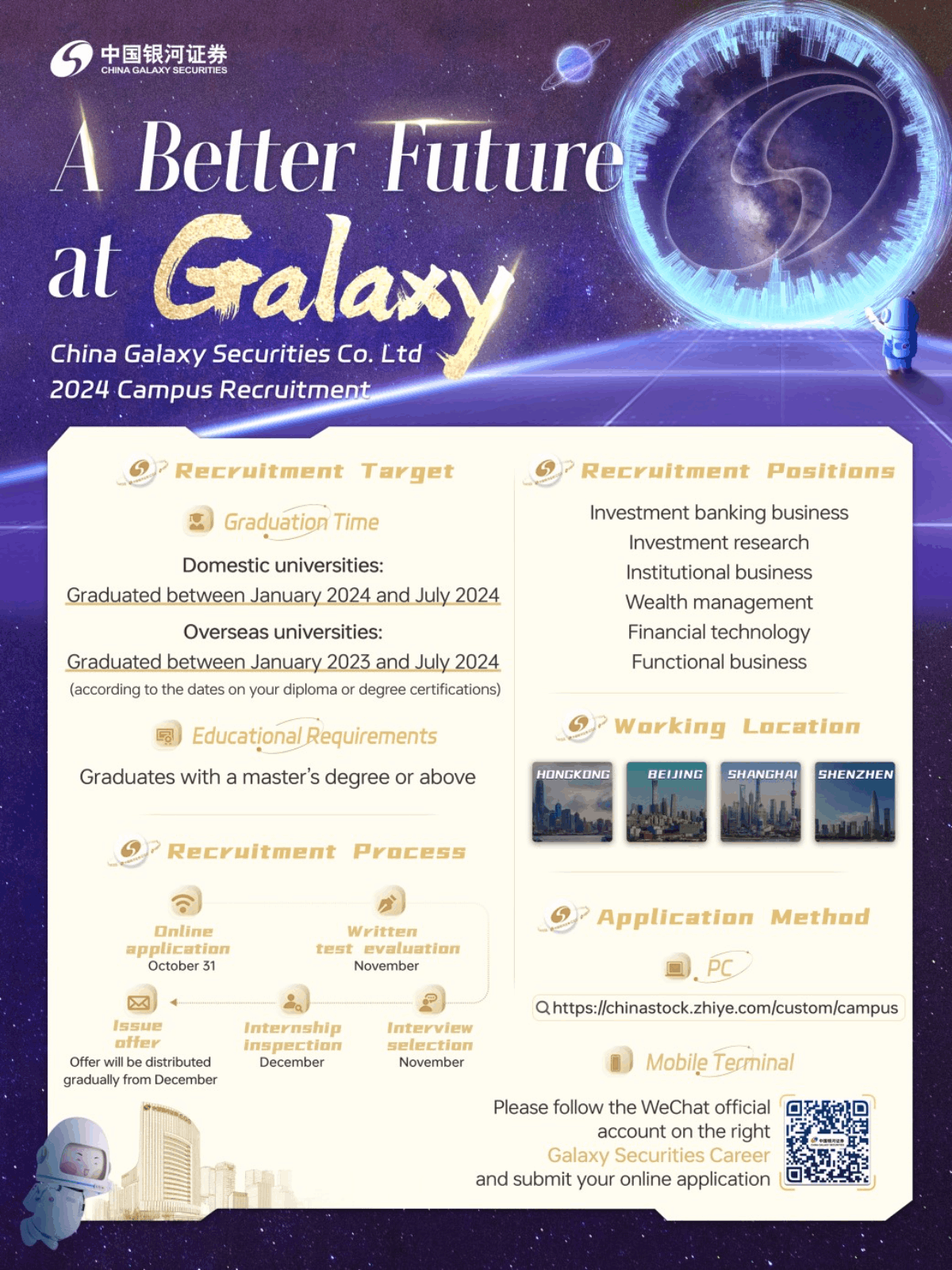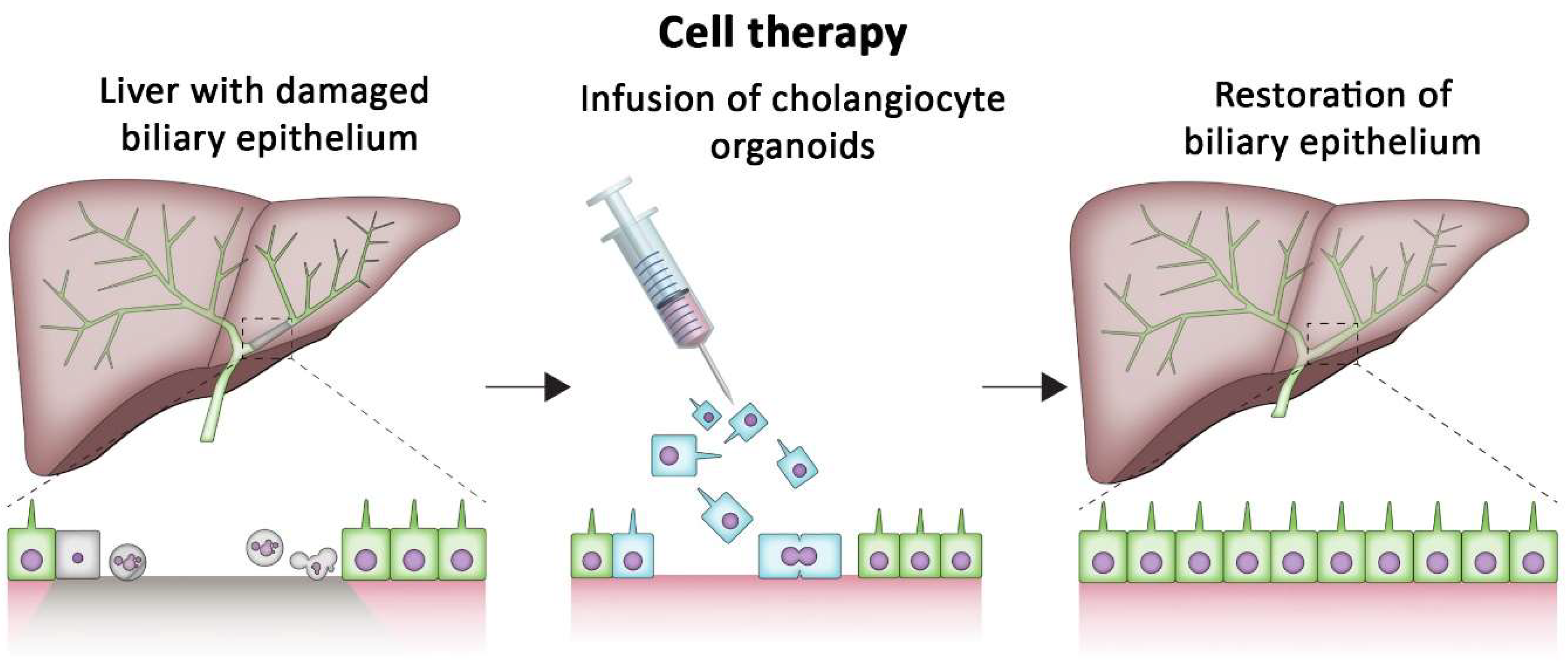Friends, brace yourselves. The National Health Commission (NHC) has finally stepped in – and about time, frankly! – to investigate the swirling accusations against Dr. Xiao, a surgeon at the China-Japan Friendship Hospital. The uproar, as you know, exploded online recently, and the NHC couldn’t afford to ignore the heat.
They’ve assembled an investigation team, promising a ‘factual and objective’ probe. Of course, they should be factual and objective, that’s their job! This isn’t just about Dr. Xiao, but also about Mr. Dong and related institutions. They’re leaving no stone unturned – or so they claim.
Let’s be clear: if wrongdoing is found, consequences will be delivered, and they will be severe. The NHC vows to act decisively, enforcing both laws and party discipline. This speaks to a much broader issue than just one doctor. It’s about accountability and restoring trust in the healthcare system.
Here’s a little context for those newer to the issues in Chinese healthcare:
China’s healthcare system, while rapidly developing, faces significant challenges. Corruption and unethical practices, sadly, aren’t uncommon. Public trust is easily eroded when cases like this surface.
The hierarchical structure of hospitals can sometimes lead to power imbalances, potentially fostering environments where abuse can occur. Transparency and oversight are critical to preventing these situations.
Regulatory bodies like the NHC play a crucial role in ensuring ethical conduct and maintaining public confidence. Swift and thorough investigations are vital when concerns are raised, sending a clear message.
Ultimately, this case highlights the ongoing efforts (and the need for more efforts) to build a more trustworthy and equitable healthcare system for all Chinese citizens.




